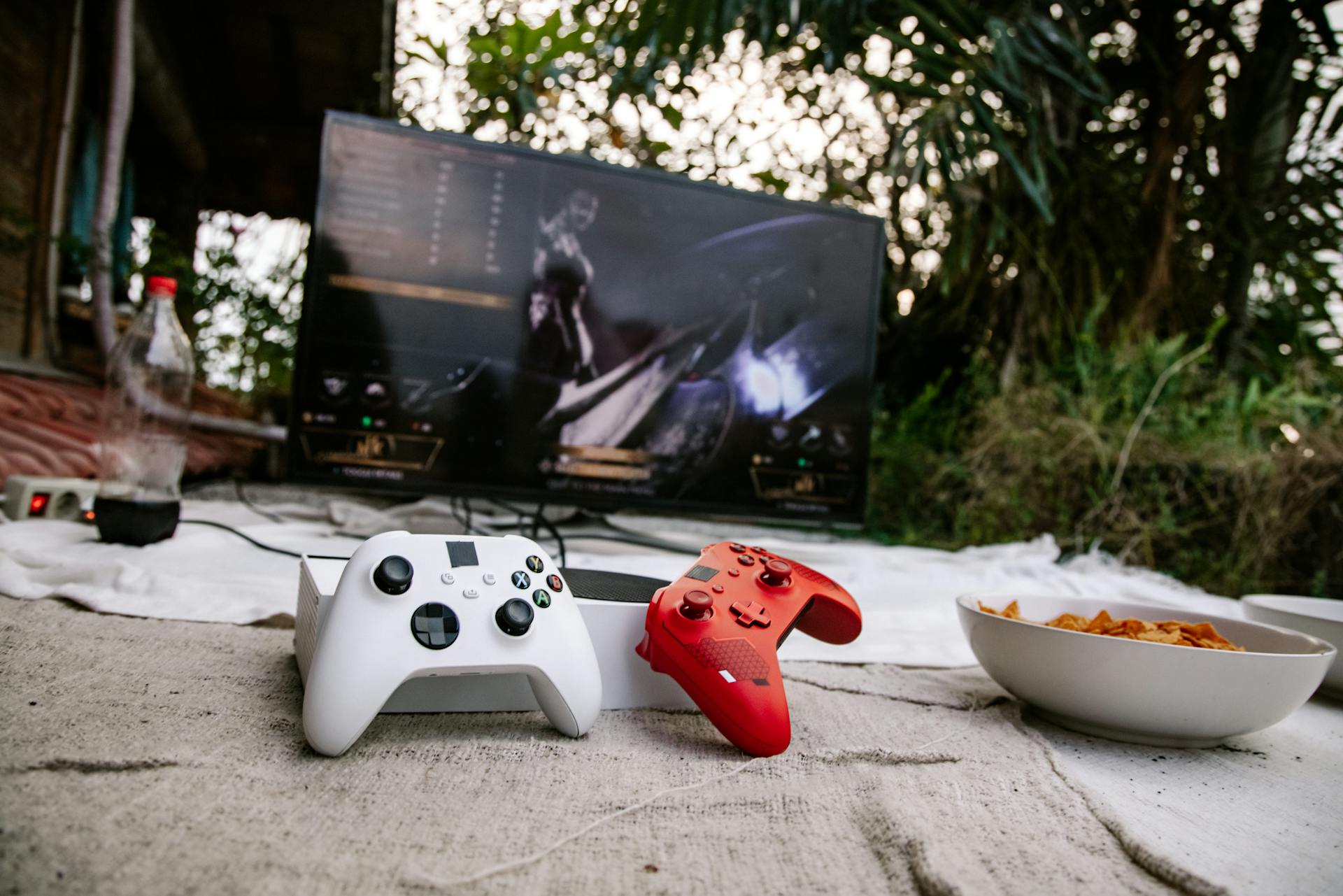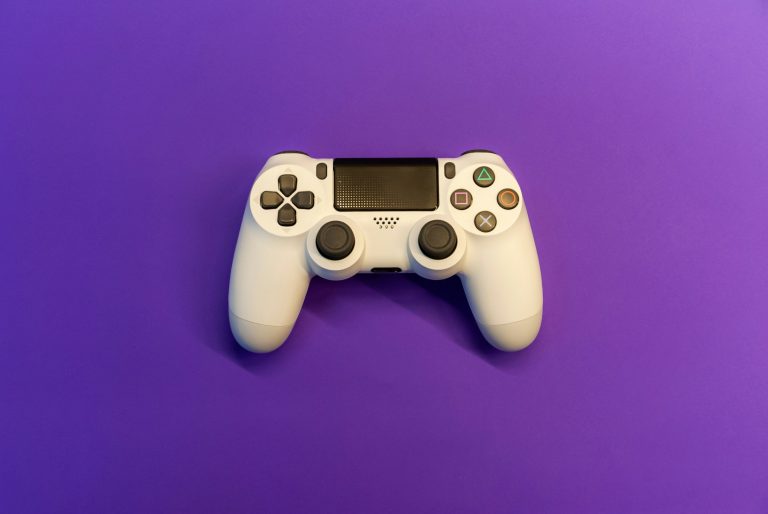In the world of gaming, having the right devices can significantly enhance your experience, whether you’re exploring vast virtual worlds, competing in online tournaments, or simply enjoying a casual game. Gaming devices come in various forms, each designed to optimize your gaming setup and performance. In this blog, we’ll dive into the different types of gaming devices, their benefits, and tips for choosing the best ones for your needs.
1. Types of Gaming Devices
1.1. Gaming Consoles
Gaming consoles are dedicated devices designed specifically for playing video games. Popular options include:
- PlayStation: Known for its exclusive titles and powerful hardware, the PlayStation series offers gaming experience with features like virtual reality support.
- Xbox: Offering a range of models, Xbox consoles are known for their performance, integration with Windows PCs, and extensive game library.
- Nintendo Switch: This hybrid console offers both handheld and docked play, making it versatile and ideal for gamers on the go.
1.2. Gaming PCs
Gaming PCs provide high performance and customization options, allowing for superior graphics, faster processing, and enhanced gameplay. They can be configured to meet your specific needs, from budget-friendly setups to high-end rigs with advanced graphics cards and cooling systems.
1.3. Gaming Laptops
Gaming laptops combine portability with powerful performance, making them perfect for gamers who need to game on the move. They often feature high-refresh-rate displays, dedicated graphics cards, and customizable RGB lighting.
1.4. Gaming Monitors
A high-quality gaming monitor can enhance your visual experience with features like high resolution, fast refresh rates, and low response times. Monitors such as 4K displays or ultrawide screens offer visuals and can give you a competitive edge in fast-paced games.
1.5. Gaming Headsets
Gaming headsets are crucial for audio experience. They offer features such as surround sound, noise cancellation, and built-in microphones for clear communication with teammates. High-quality headsets can significantly improve both gameplay and communication.
1.6. Gaming Keyboards and Mice
Gaming keyboards and mice are designed with features that cater to gamers’ needs. Mechanical keyboards provide tactile feedback and durability, while gaming mice offer customizable buttons, adjustable DPI settings, and ergonomic designs for precision and comfort.
1.7. Game Controllers
Game controllers are versatile devices used for various gaming platforms. Whether you’re using them for consoles or PC gaming, controllers offer comfort and precision for a range of game genres, from racing games to action-adventures.
2. Benefits of Using Specialized Gaming Devices
2.1. Enhanced Performance
Specialized gaming devices are built to handle the demands of modern games, offering better graphics, faster response times, and more reliable performance compared to standard devices.
2.2. Exclusive Experience
Gaming devices designed specifically for gaming provide features that enhance immersion, such as high-resolution displays, 3D audio, and responsive controls. These features contribute to a more engaging and enjoyable gaming experience.
2.3. Customization and Control
Many gaming devices offer customization options, allowing you to tailor settings and controls to your preferences. This can include adjustable sensitivity, programmable buttons, and personalized lighting effects.
2.4. Comfort and Ergonomics
Gaming devices often prioritize comfort and ergonomics, reducing strain during extended gaming sessions. Features like adjustable stands, ergonomic grips, and cushioned headsets can help prevent fatigue and improve your overall gaming experience.
3. Tips for Choosing the Right Gaming Devices
3.1. Assess Your Gaming Needs
Consider the types of games you play and how you play them. For instance, if you’re into competitive gaming, you might prioritize devices with high performance and low latency. For casual gaming, comfort and ease of use may be more important.
3.2. Set a Budget
Gaming devices come in a wide range of prices. Set a budget based on your needs and preferences. Higher-end devices often offer better performance and features, but there are also many affordable options that provide excellent value.
3.3. Read Reviews
Research and read reviews from other gamers to gauge the performance and reliability of the devices you’re interested in. Reviews can offer valuable insights into how well a device performs in real-world scenarios.
3.4. Check Compatibility
Ensure that the gaming devices you choose are compatible with your gaming setup, whether it’s a console, PC, or other platforms. Compatibility is crucial for seamless integration and optimal performance.
3.5. Try Before You Buy
If possible, try out the devices before purchasing. Testing them in-store or borrowing from a friend can help you determine if they meet your comfort and performance expectations.



